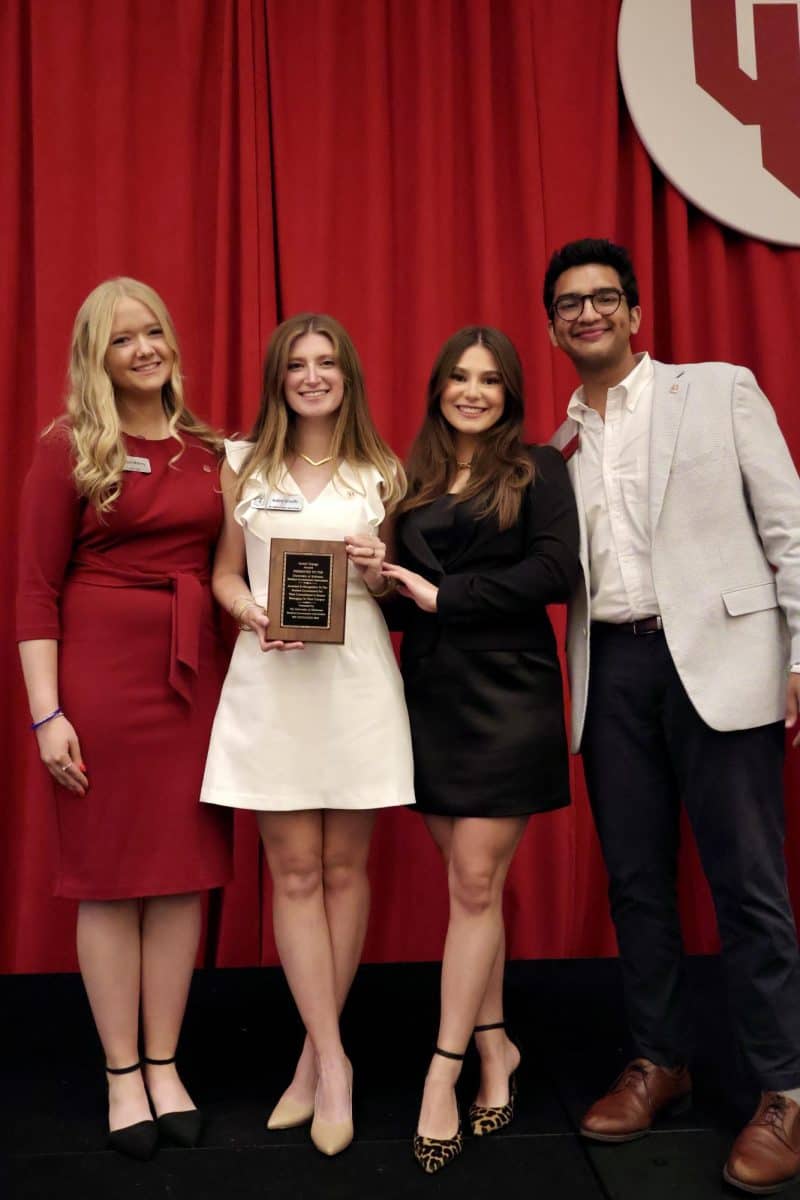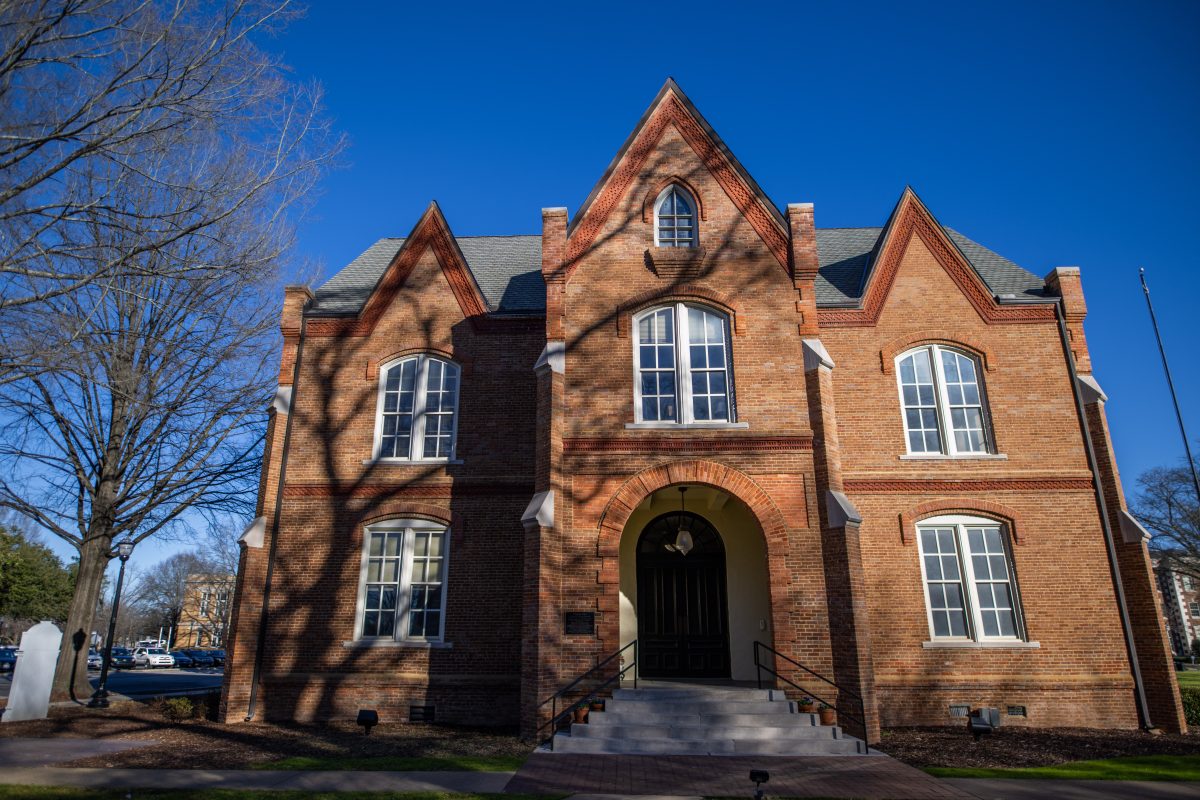One undergraduate student will have the opportunity to travel to a Honduran resort this summer for a five-week internship established by the biology department.
The selected student will travel with Julia Stevens, a biology graduate student, and will receive free lodging and meals at CoCo View Dive Resort.
“It’s beautiful there from the pictures I’ve seen, and the research is really exciting,” Stevens said. “I’m most excited about the [scuba] diving — I’ve never been to the Caribbean, so I’m excited to do the diving down there.”
Interns will conduct biodiversity and water quality surveys off the island of Roatan and will present brief lectures pertaining to the reef environment to resort guests each week.
Julie Olson, professor of biological sciences, organized the internship opportunity and said the experience would be a good introduction to field research.
“[The internship] will allow students to get a chance to see what field research is really about and see whether or not it is something they would have an interest in as a future career,” she said.
Olson was contacted by one of the resort owners, a UA alumnus, who wanted to begin monitoring the environmental status of the reefs around his resort.
During the first week of the internship, Olson will instruct students on how to conduct experiments and collect data. Interns will work together for the remaining four weeks to compile information.
The selected undergraduate student must be a junior or senior with an interest in the field and strong swimming skills. Dive certification is also required.
“The diving is some of the best that I’ve seen in the Caribbean, and I go to the Bahamas, Cayman Islands, Belize and Panama for my own work,” Olson said. “This is a really nice opportunity to be able to dive on some relatively healthy reefs.”
Participants are responsible for purchasing their own airfare, dive equipment, dive training and incidentals. If a student would like to earn four credit hours for the internship, he or she will be responsible for paying University tuition.
Olson said she hopes to increase the number of internships available in the future and eventually create a publication once enough environmental data is collected. Student interns would be listed as authors of such a publication.
“This research opportunity is huge,” Stevens said. “There hasn’t been any research looking at what I’m looking at right now, so it will really add to the body of knowledge. I’m excited I get to open up a whole new body of research.”
Stevens is studying the bacterial communities associated with the lionfish, an invasive fish in the Caribbean. She will be working on her own research in addition to collecting the reef data.
Olson said there is an abundance of tourist activities on the island outside the resort, which also has a sizeable native Honduran population. She said that the resort is safe for foreigners, and she has traveled to Roatan to ensure that students will have a comfortable living and working environment.
“Our expectations as the average American are much more than the average Honduran has,” she said. “At the resort, because they do have people coming in from other countries, they have armed guards just to make sure it’s a very safe environment.”
Applications for the internship are available on the biology department’s Web site. Students of all majors are invited to apply, and applications are due by Feb. 26.






